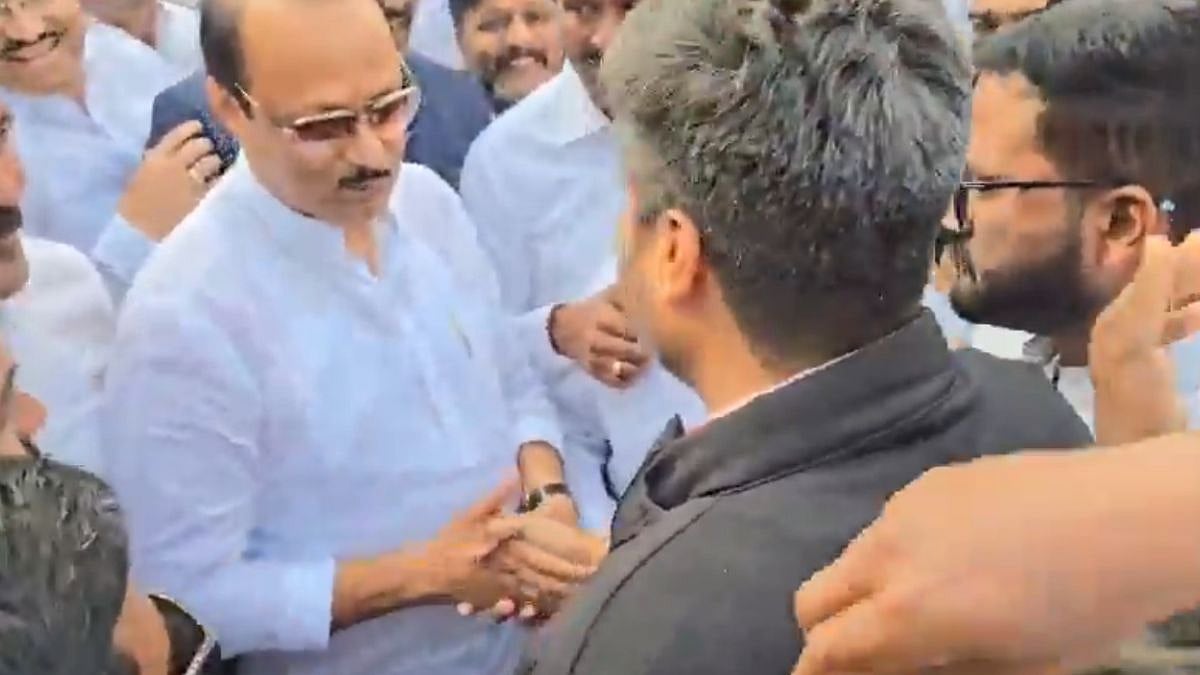Mumbai: With the rapid rise in basement parking constructions allegedly posing environmental risks in Mumbai, former IPS officer and lawyer Y.P. Singh has filed an application with the National Green Tribunal (NGT), urging action against the risk factor which the city’s environment would face in coming future.
The plea highlights growing concerns over air and water pollution caused by the excavation and construction of basements, which the application argues have made Mumbai the second most polluted city in the world.
On Tuesday, the NGT heard part of the arguments and scheduled the matter for further discussion and possible orders on November 13.
Advocate Aditya Pratap, representing the petitioner, argued that the unrestricted construction of deep basements, up to five levels, is environmentally damaging and violates various laws. He emphasized that these basements, which can reach depths of up to 60 feet, equating to a six-story building, are being built under a controversial interpretation of Regulation 37(7) of the Development Control and Promotion Regulations (DCPR) for Greater Mumbai, 2034.
“These environmentally untenable basements are being permitted based on a recommendation by a non-expert IAS officer, without proper environmental assessments,” Aditya Pratap argued.
He further pointed out that the regulation change allowed unlimited basement construction without conducting an Environmental Impact Assessment (EIA) to evaluate the consequences on Mumbai’s geology and environment.
The advocate highlighted that Mumbai’s water table, generally between 2 to 5 meters deep, is at risk of being disturbed by the extensive excavation required for deep basements. This has led to excessive groundwater extraction, which can have detrimental environmental effects, especially in coastal zones where groundwater extraction is restricted by law. The construction of basements, he added, violates Coastal Regulation Zone (CRZ) notifications and the orders of the Central Ground Water Authority.

On the other hand, the National Real Estate Development Council (NAREDCO) opposed the petition, arguing that the NGT lacks jurisdiction to hear the case. The matter is kept for further hearing and orders on November 13.








